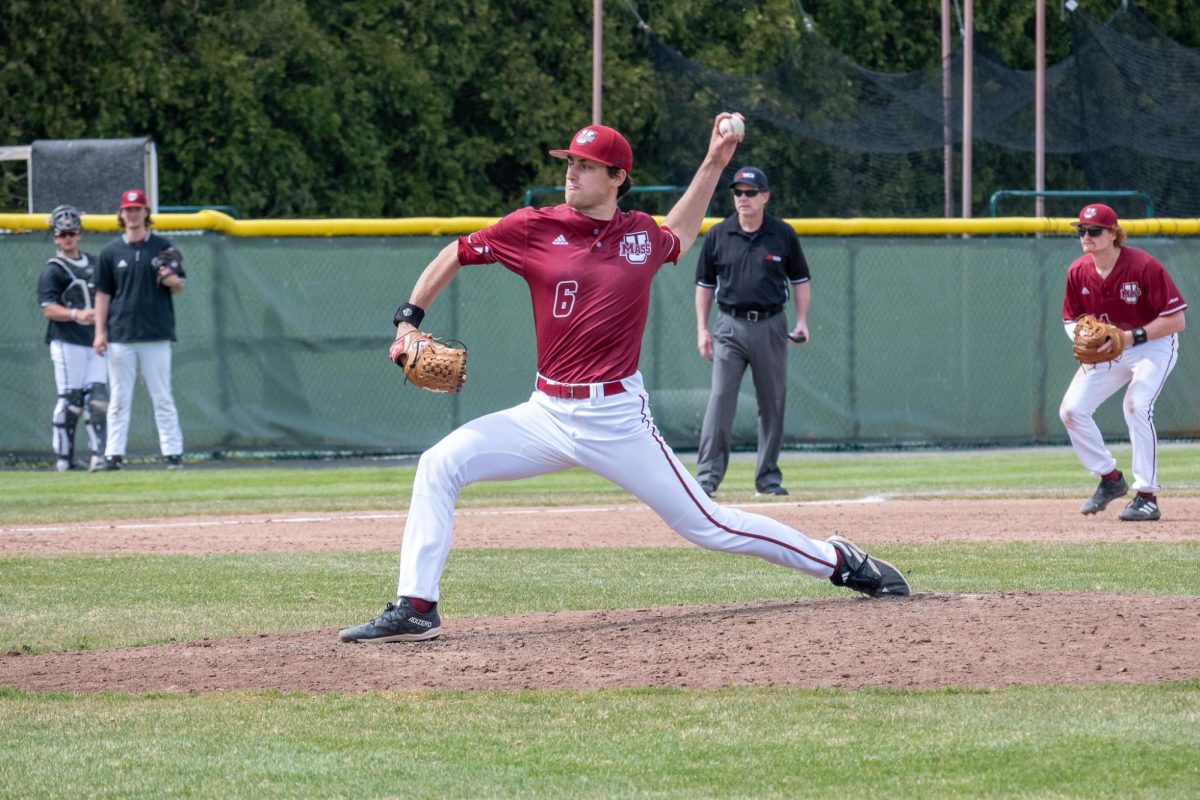Technology is making us rude. We filter, judge, and stereotype people involuntarily. We can get to know people without getting to know them through their actions. Not only do social networking websites like Facebook and MySpace enable this snobbery, but even the seemingly lesser of the evils, such as iTunes and AIM have stepped up their stereotyping capabilities.
The process of getting to know someone has completely changed. Our parents didn’t meet on Facebook or MySpace, and they certainly didn’t have most of their conversations in black and white.
They didn’t meet their friends by having the same taste of music discovered by their shared iTunes play lists. They actually had to take the time to get to know people rather than scrolling down a page of Facebook bumper stickers to see if they had the same sense of humor.
But maybe we’re the lucky ones. Maybe we’re saving ourselves time by not wasting time getting to know a person who would just make us cringe at every like and dislike. Much like the success of eHarmony’s love matches, maybe we are privileged to have this filtering system so we can focus on people who make our life flourish.
However, maybe it is the opposite that is happening. If we are so willing to judge people based on their taste in literature, music and whether or not they look like they have fun by their Facebook pictures, maybe we’re missing something.
We might be skipping over people who could benefit our lives by clicking them out. We might be losing out at the hand of our automatic stereotype system.
As important as similar interests are in any kind of relationship, there is still value in differences. We learn from other people because other people are pieces of ourselves. If we automatically void people from our lives because they are not enough like us, we are doing a disservice to ourselves.
UMass, along with many other large college campuses, tends to structure itself a lot like high school. Unlike small colleges where most of the students have similar interests already, UMass students section off. There seems to be some unwritten code of where you fit in and what type of people you become friends with.
The categories people place themselves in even seem to be judged by living areas. There are the Southwest girls with their Ugg boots, leggings, and their cackling gossip in Berkshire Dining Hall.
There are the Southwest boys with their hair gel and their Timberlands smoking cigarettes outside their dorms arguing whose team is better. There are the Central kids who smoke impressive amounts of weed and park themselves on blankets on the hill with or without shoes.
There are the Orchard Hill kids who for the most part are just like Central kids but have to walk a little further to get home. There are the multi-cultured Northeast residents who are either engineers, mathematicians, or both, discussing global warming and Darfur.
There are the mysterious Sylvan residents who seemingly only talk to their suitemates. Lastly, there are the off-campus residents who are sick of being sectioned off and want to make their own impression absent from where they sleep at night.
While it is still very possible to wear Uggs and leggings and live in Northeast and to be a mathlete living in Southwest, the existence of these categories persists. But how did the message get out that this is the way it is? Was it Facebook group after Facebook group, was it something said in orientation, or is it just the same high school concept that has been dividing people up for ages?
The same concept repeats. We look at people and see what we want to. We see a tie-dye shirt, we think “Central kid,” we see a fake tan, we think “Southwest,” but why don’t we see past that?
We scroll down a Facebook page, we see books, music, activities, but we don’t see a soul. You need to have a conversation first to see any glimpse of that.
Whether it’s technology that is making us snobby, or whether it is our own prejudice, the bottom line is that it’s happening more and more. We section people off in our AIM buddy lists the same way we do in real life.
Everyone has the chosen few who they recognize enough to put on our list, yet we don’t talk to them. We just want to see what they’re doing. We want to judge them without grounds for judgment.
The only way to cure this cancer is to stop it at the source. Try to free your mind of preconceived notions of what someone is like. Get to know a person before you become their “friend” on Facebook or before you make ignorant comments about someone you’ve never met in the dining hall.
Put actions and words before appearances. Get to know someone you normally would filter out of your life. Get to know what you have in common with them. Get to know yourself.
Leigh Greaney is a Collegian columnist. She can be reached at [email protected].






